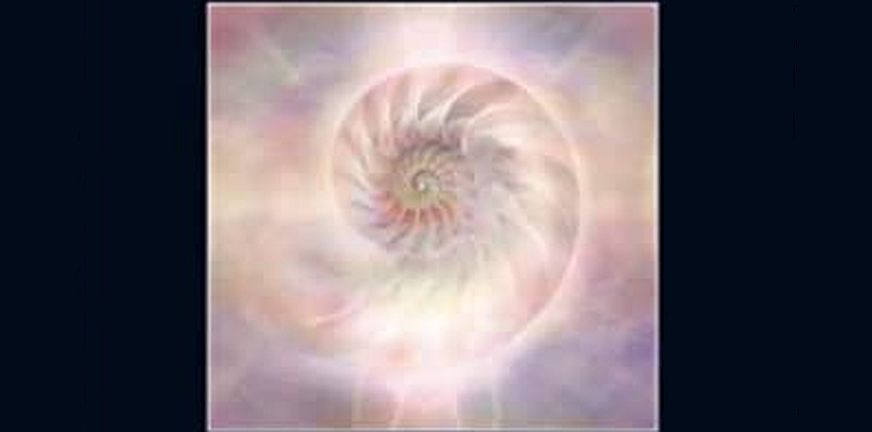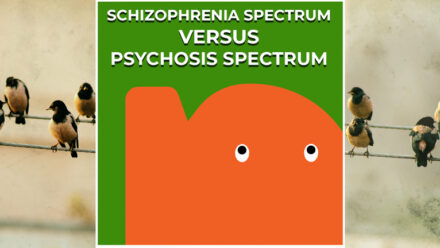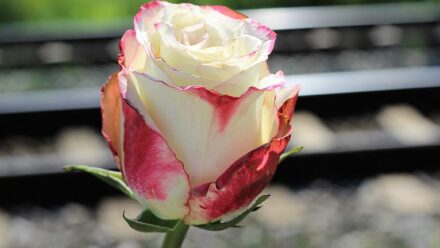
Recently, in 2022, an interesting book with the title ‘Spiritual Awakenings, Scientists and Academics Describe Their Experiences’ came out.
The book was published by The Academy for the Advancement of Post-materialist Sciences (AAPS), whose purpose it is to promote open-minded and evidence-based research of post-materialistic consciousness and inspire scientists to examine of mind and consciousness as core elements of reality. The book is part of a series of books named ‘Advances in Post-materialist Sciences’ published by AAPS. It has been curated by scientists and academics, but can be of interest to all people with an interest in consciousness and spiritual experiences.
As the title suggests, this book is about personal spiritual experiences and processes. This is unusual, because scientists generally are reluctant to share these. As many as 57 scientists and academics share their very personal stories in short essays of around three or four pages. A few of them like to stay anonymous, and in places it is also indicated that it is the first time these personal experiences are being shared. The writers all have different backgrounds and come from different parts of the world and cultures. A relatively big part of them is now retired. Their areas of expertise vary. From psychology, psychiatry, and neurosciences to molecular embryology, theoretical quantum physics, religious studies, technology, and philosophy. For the reader who is fairly familiar with consciousness, eastern philosophy, and transpersonal philosophy, the book contains well-known names, including Amit Goswami, Edward Kelly, Jeffrey Kripal, Kenneth Ring, Eben Alexander, Yvonne Kason, and Michael Grosso.
The book is divided into seven chapters, grouped by (according to) theme: spiritual experiences by practising spirituality, during or around sleep and awakening, spontaneous experiences during daily activity, by (synchronised) transference of words, triggered by psychedelic experiences, by near-death experiences, and paranormal experiences. Each chapter starts with a short introduction about the theme in hand, and invites the reader to think about their own view on it, and if the stories that follow influence that view and/or trigger personal memories. In an epilogue the authors reflect on the stories to see which insights they can draw from them. The essays include references to the relevant author’s own work and often also to other interesting publications about the topics that have been addressed.
Spiritual Awakenings
In the essays, they all write about their own spiritual experiences and the influence of these on their thinking, personal life, lifestyle, and career. For example, research professor Edward Kelly, who specialises in Perceptual Studies, describes how a combination of, among other things, a dream that was important to him, the apparent spiritual capabilities of a close family member, and attending a reading of a Swami about Advaita Vendanta (a Hindu path of spiritual discipline and experience), have affected his views and career. Retired professor of Molecular Embryology and Psychosynthesis counsellor Marylin Monk writes about her triple existence as a scientist, mystic, and poet, and how these different views complement each other. Retired professor of Biophysics, Sarah Knox, writes about the energetic healing she has been doing since childhood, but kept hidden from her colleagues. And neuroscientist Mario Beauregard describes how a spiritual experience at a young age, and a near-death experience when he was older, have led him to a career as a scientist and writer.
In the essays from Spiritual Awakenings they write about meditation, breathing- and other spiritual exercises, self-examination,healing, out-of-body experiences, dreams, relationships, initiations/shakti-pat (the transmission of spiritual energy from one person (or from a deity) to another person, growth of consciousness, the unfolding of new experiences and possibilities, etcetera. They focus on recurring themes like universal love, tranquillity, trust, light, energy, peace, gratefulness, connection, unity, homecoming, compassion, and acceptance. A personal quest (search) and/or struggle are also often described.
Roos (pseudonym) works in higher education. She is trained in integral yoga and transpersonal psychology.
Read more ?




Comments: